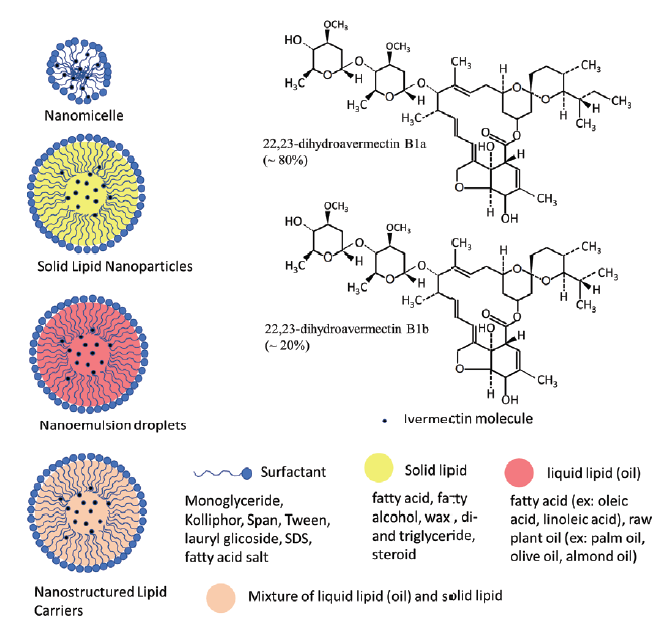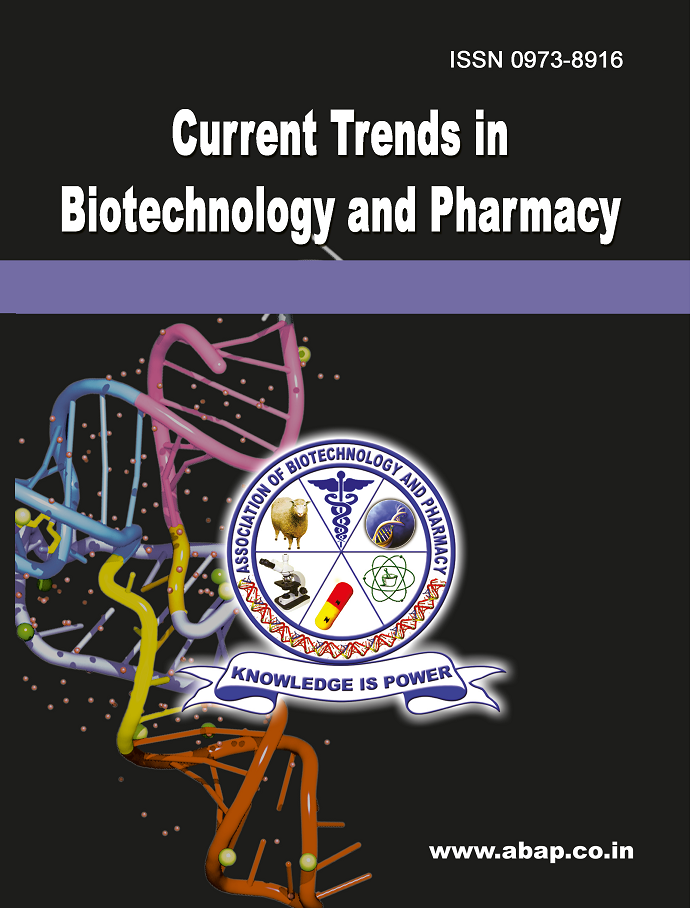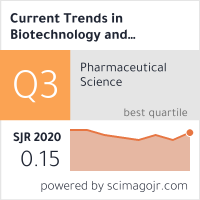Sinapine and Sinapic acid Impart Anti-Inflammatory Effects in Dextran Sulfate Sodium-Induced Experimental Murine Ulcerative Colitis
DOI:
https://doi.org/10.5530/ctbp.2025.3.35Keywords:
Inflammatory bowel disease, ulcerative colitis, natural compounds, antiinflammatory compoundsAbstract
Ulcerative colitis is an inflammatory bowel disease that affects a significant population and remains as one of the major public health concerns worldwide. Individuals with ulcerative colitis are at a higher risk of developing various other diseases including colon cancer. Several efforts are underway in the discovery of new small molecules for the treatment of ulcerative colitis due to adverse effects and the limited efficacy of existing therapeutic agents. In the present study, the effect of sinapine (SC) and sinapic acid (SA) (bioactive compounds found in plants of the family Brassicaceae) was examined on dextran sulfate sodium (DSS)- induced colitis in mice models. The onset of ulcerative colitis was evidenced by the reduction in the colon length, rectal bleeding, loose stool, elevated myeloperoxidase activity in colon tissue extracts, and increased pro-inflammatory cytokines, reactive oxygen species (ROS), and catalase activity in the serum of colitis mice. The per os administration of SA and SC demonstrated a significant reduction of disease activity index as witnessed by the restoration of colon length, reduced rectal bleeding, and consistent stool. Furthermore, SA and SC were found to decrease the myeloperoxidase activity in the colon tissue extracts. Also, there was a significant reduction in the levels of proinflammatory cytokines (IL-1β and IL-6), ROS, and catalase activity in the serum of colitis mice. The histochemical analysis demonstrated that SA and SC restored the architecture of the crypt and mucosa, which otherwise displayed hyperplasia with necrosis and submucosal inflammation in the colitis mice. The bioactivity of SA and SC was comparable with sulfasalazine and etacept. In conclusion, SA and SC were demonstrated as potent anti-inflammatory



